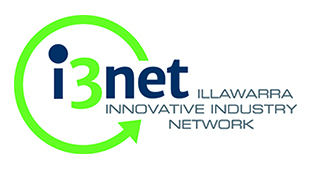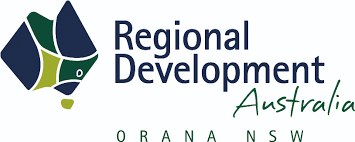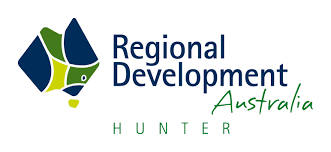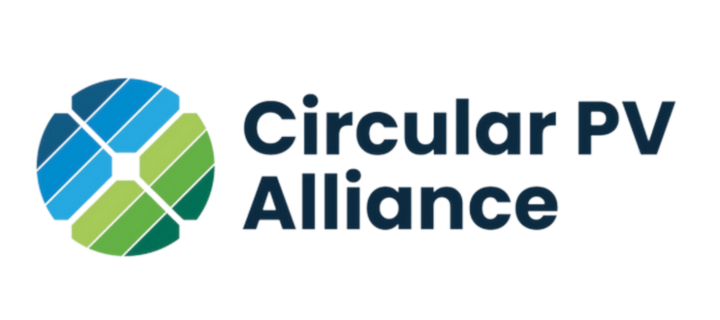GenCost 2023-24 report confirms renewables are cheapest new build
The annual report’s comprehensive analysis of energy costs and trends plus responsive approach to stakeholder input make it a valuable resource for understanding the evolving landscape of electricity generation costs in Australia.
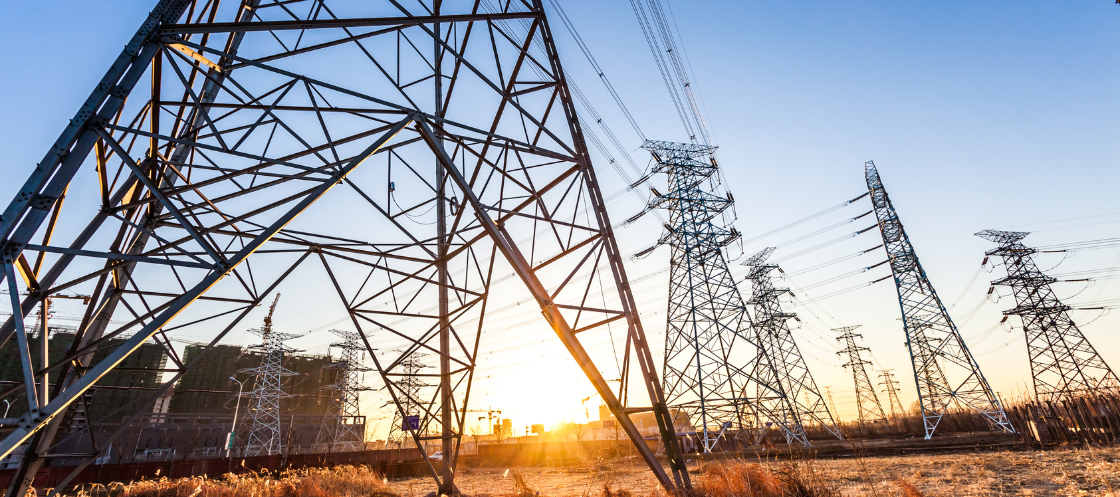
The 2023-24 GenCost report, produced by CSIRO in collaboration with AEMO, has introduced several updates on the cost of building future electricity generation, storage and hydrogen production in Australia.
The latest analysis shows varying impacts of inflation on different technologies, with onshore wind costs increasing by 8%, gas turbine costs by up to 14%, while large-scale solar PV costs have decreased by 8%.
The report indicates that, despite inflationary pressures, renewable energy technologies continue to be the most cost-effective new electricity sources.
The cost projections for wind energy, both onshore and offshore, have been revised upward due to slower recovery from global inflation. Despite this, renewable energy sources, including wind and solar photovoltaics, remain the most economical for new builds.
The decade-long decline in costs for these technologies has made them more competitive than their more established counterparts.
This edition includes large-scale nuclear technology costs for the first time, reflecting rising stakeholder interest and recent small modular reactor cost assessments.
GenCost’s approach to large-scale nuclear cost estimations drew from South Korea’s nuclear program, adjusting for Australian conditions by comparing the costs of new coal generation in both countries.
Although technically feasible, nuclear energy in Australia faces high initial costs and a lengthy development timeline of at least 15 years due to legal, safety, and infrastructural challenges.
The report revised its approach to estimating solar thermal power generation costs to align with other bulk supply technologies. The new cost data indicates solar thermal is competitive with nuclear and other non-renewables that combine CCS technologies.
This year's GenCost report received the highest volume of feedback since its inception, with over 40 written submissions and participation from more than 200 industry professionals in webinars.
CSIRO’s Director of Energy, Dr. Dietmar Tourbier, stated, “The feedback provided by the energy community each year is invaluable, given that cost forecasts of future electricity generation, storage, and hydrogen production can fluctuate significantly and no single technology can achieve our transition to net zero.”
CSIRO’s Chief Energy Economist and lead author of the GenCost report, Paul Graham, acknowledged the role of stakeholder feedback in shaping the report: “GenCost is flexible to adjusting assumptions, scope, and methodology in response to constructive feedback received during the formal consultation period and throughout the year.”
“Whether the input GenCost receives is highly specialised or simply advocating for a particular pathway, our considerations are policy and technology neutral."
In response to stakeholder feedback, the report also includes a section addressing frequently asked questions. AEMO’s Executive General Manager of System Design, Ms. Merryn York, remarked, “The annual collaboration with industry to assess electricity generation costs is critical to planning and policy analysis, including our Integrated System Plan.”


